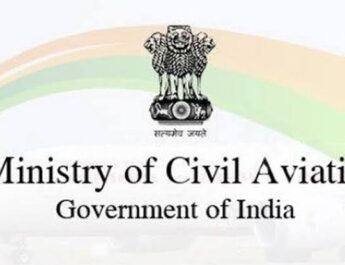NEW DELHI: The Supreme Court on Tuesday observed that the right to contest an election is not a fundamental right since such a right is conferred only by a statute.
A Bench of Justices Hemant Gupta and Sudhanshu Dhulia held that a person cannot assert to file his nomination without any proposer as required under the Representation of People Act 1950 and Conduct of Election Rules 1961, while dismissing a petition by one Vishwanath Pratap Singh and imposing a cost of Rs 1 lakh on him.
Singh had first approached Delhi High Court, challenging an Election Commission notification for election to the Rajya Sabha after he was not allowed to file his nomination without a proper proposer. The High Court had rejected his contention that his fundamental right of free speech and expression and right to personal liberty has been infringed.
Dismissing Singh’s petition, the Apex Court said the writ petition before the High Court was entirely misconceived.
“The right to contest an election is neither a fundamental right nor a common law right. It is a right conferred by a statute.”, the bench observed while referring to earlier judgments viz Javed v. State of Haryana, (2003) 8 SCC 369 and Rajbala v. State of Haryana (2016) 2 SCC 445.
The court added that Singh did not have any right to contest election to the Rajya Sabha in terms of the law made by Parliament.
“The Representation of People Act, 1950 read with the Conduct of Elections Rules, 1961 has contemplated the name of a candidate to be proposed while filling the nomination form. Therefore, an individual cannot claim to have a right to contest an election and said stipulation violates his fundamental right, so as to file his nomination without any proposer as is required under the Act,” the Court said while dismissing the SLP.
In the case of Javed case, the Supreme Court had stressed that the right to contest is conferred by a statute. It said a right to contest election for panchayat may be said to be a constitutional right, a right originating in the Constitution and giving shape by a statute. But even so, it cannot be equated with a fundamental right. There is nothing wrong in the same statute which confers the right to contest an election also provides for the necessary qualifications without which a person cannot offer his candidature for an elective office and also to provide for disqualification which would disable a person from contesting or holding an elective statutory office, the court had stressed.




